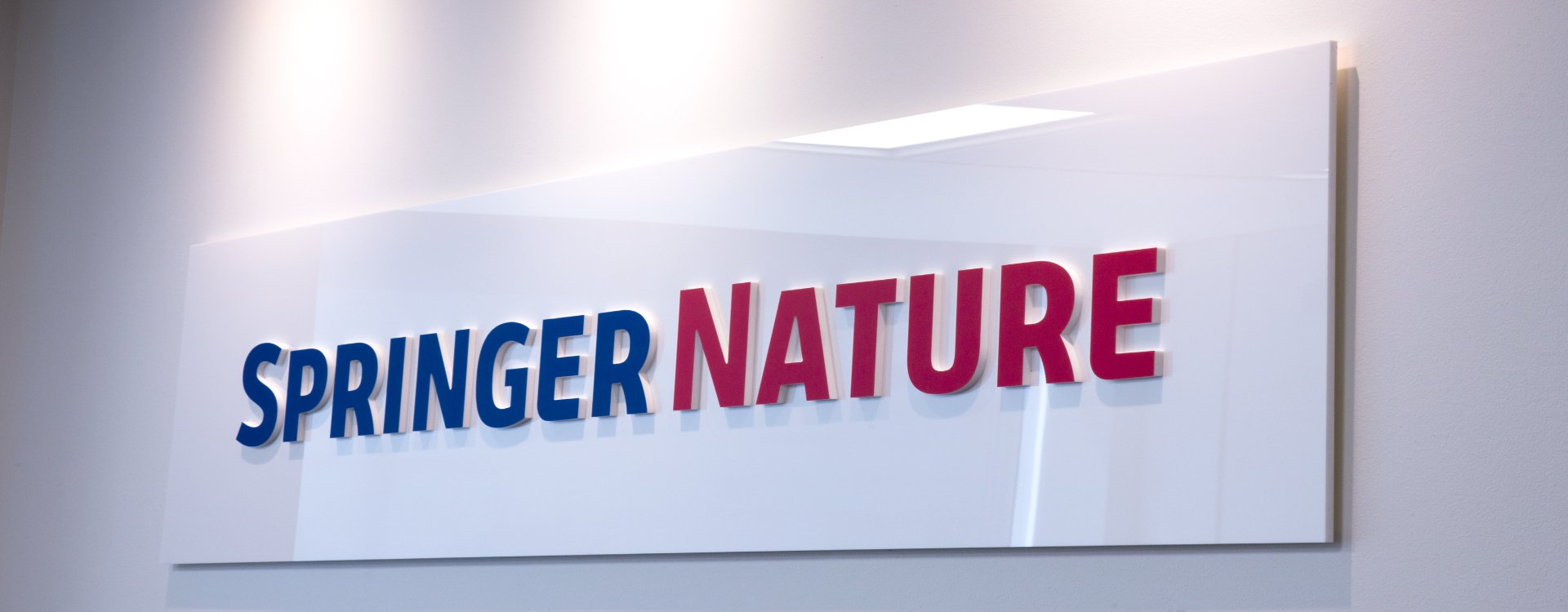
Springer Nature just added over 2,100 of their journals as signatories to the Transparency and Openness Promotion (TOP) Guidelines, published in Science in 2015. Let that sink in. 2,100 in a single shot. These important scientific guidelines now have over 2,900 signatories, including journals, publishers, societies, and funding agencies. This is a milestone in our journey to increase transparency in scientific research, our core mission. We’re thrilled and hopeful.
So… what are these guidelines and what do they accomplish?
The TOP Guidelines are a set of eight standards that journals can use to increase clarity into the process of science. For example, journals can specify policies on data or code sharing, use of reporting guidelines, or preregistration of research. The goal is to make it easier for future scholars to understand and build on the findings.
By adding their journals to the list, signatories like Springer Nature are saying they get it. They are indicating their support for the principle of incentivizing increased transparency into the process of science, and encouraging affiliated journals to review and implement the guidelines that are appropriate for their community. Any or all of the standards can be used, and each is tiered into three levels of increasing rigor in order to reduce barriers to adoption while still providing guidance for future improvement.
However, we will not reach our mission of increasing rigor in science if we stop with a long list of signatories.
The benefits to the scientific community will come through ongoing work to integrate these practices into the normal publishing workflow. Individual researchers benefit from implementing the TOP Guidelines because it is faster and easier to follow standardized policies. The first time any given author is asked to disclose whether or not they will share data or preregister a study is novel and unexpected. They have to weigh the ethical implications and effort of sharing data against the societal benefits of doing so. They have to read up on preregistration and how it can fit in their workflow. The more it happens, the easier it gets; the efficiency gained from widespread adoption will be substantial.
As individual researchers gain experience with these policies across different journals, they will begin to see real improvements to scientific inquiry. More frequent data sharing will move science forward as researchers will use that data for new discoveries or views into thorny problems. Preregistration will make the distinction between discovery and confirmation more clear and dependable.

6218 Georgia Avenue NW, Suite #1, Unit 3189
Washington, DC 20011
Email: contact@cos.io

Unless otherwise noted, this site is licensed under a Creative Commons Attribution 4.0 International (CC BY 4.0) License.
Responsible stewards of your support
COS has earned top recognition from Charity Navigator and Candid (formerly GuideStar) for our financial transparency and accountability to our mission. COS and the OSF were also awarded SOC2 accreditation in 2023 after an independent assessment of our security and procedures by the American Institute of CPAs (AICPA).
We invite all of our sponsors, partners, and members of the community to learn more about how our organization operates, our impact, our financial performance, and our nonprofit status.